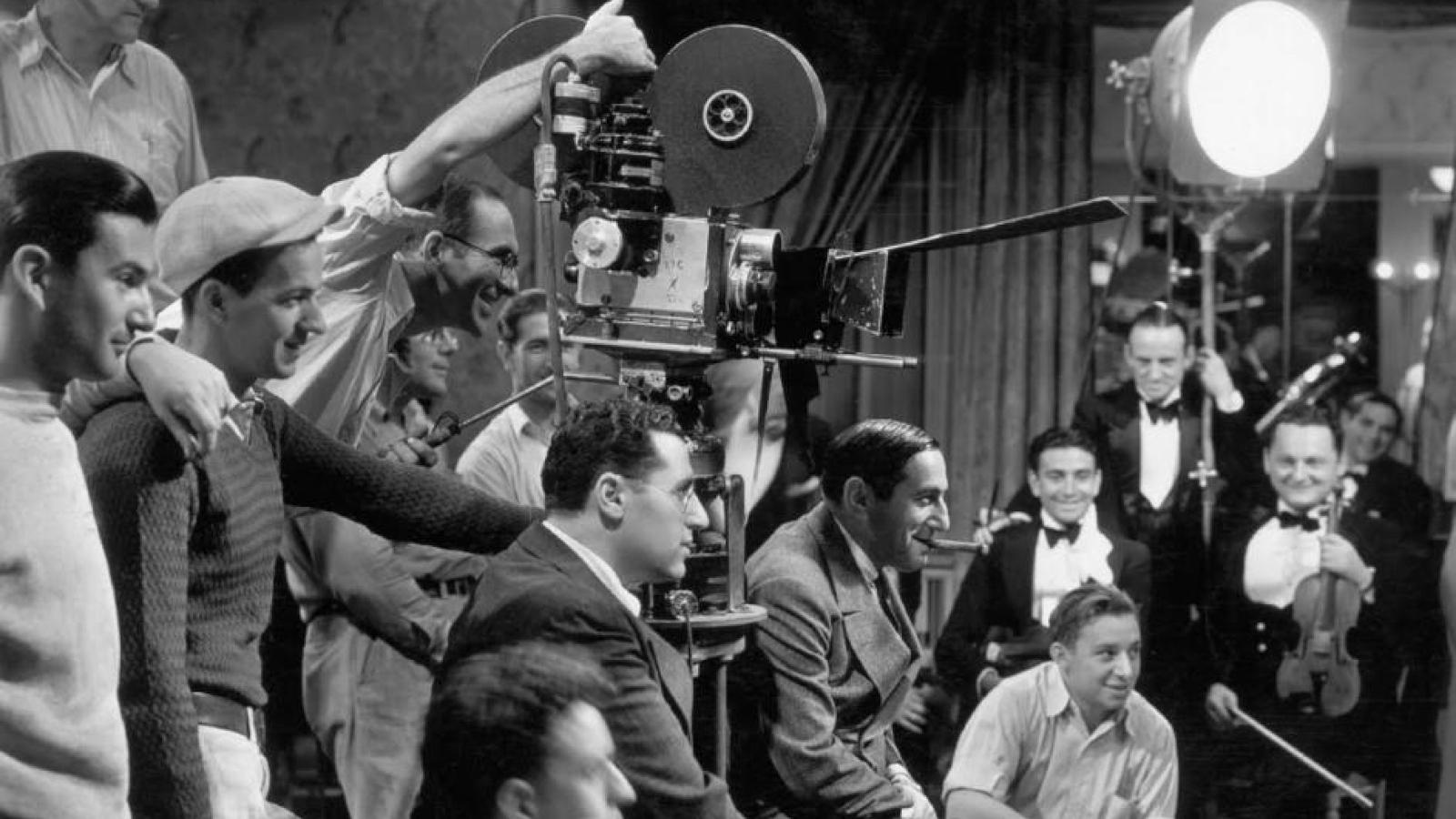
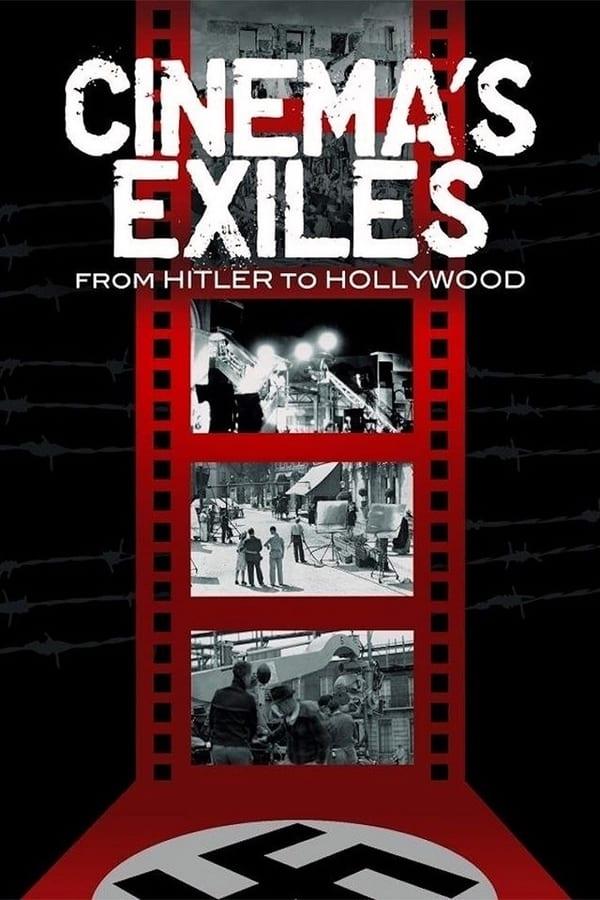
Cinema's Exiles: From Hitler to Hollywood
Movie
6.0Eight hundred German filmmakers (cast and crew) fled the Nazis in the 1930s. The film uses voice-overs, archival footage, and film clips to examine Berlin's vital filmmaking in the 1920s; then it follows a producer, directors, composers, editors, writers, and actors to Hollywood: some succeeded and many found no work. Among those profiled are Erich Pommer, Joseph May, Ernst Lubitsch, Fritz Lang, Billy Wilder, and Peter Lorre. Once in Hollywood, these exiles helped each other, housed new arrivals, and raised money so others could escape. Some worked on anti-Nazi films, like Casablanca. The themes and lighting of German Expressionism gave rise in Hollywood to film noir.
Cast
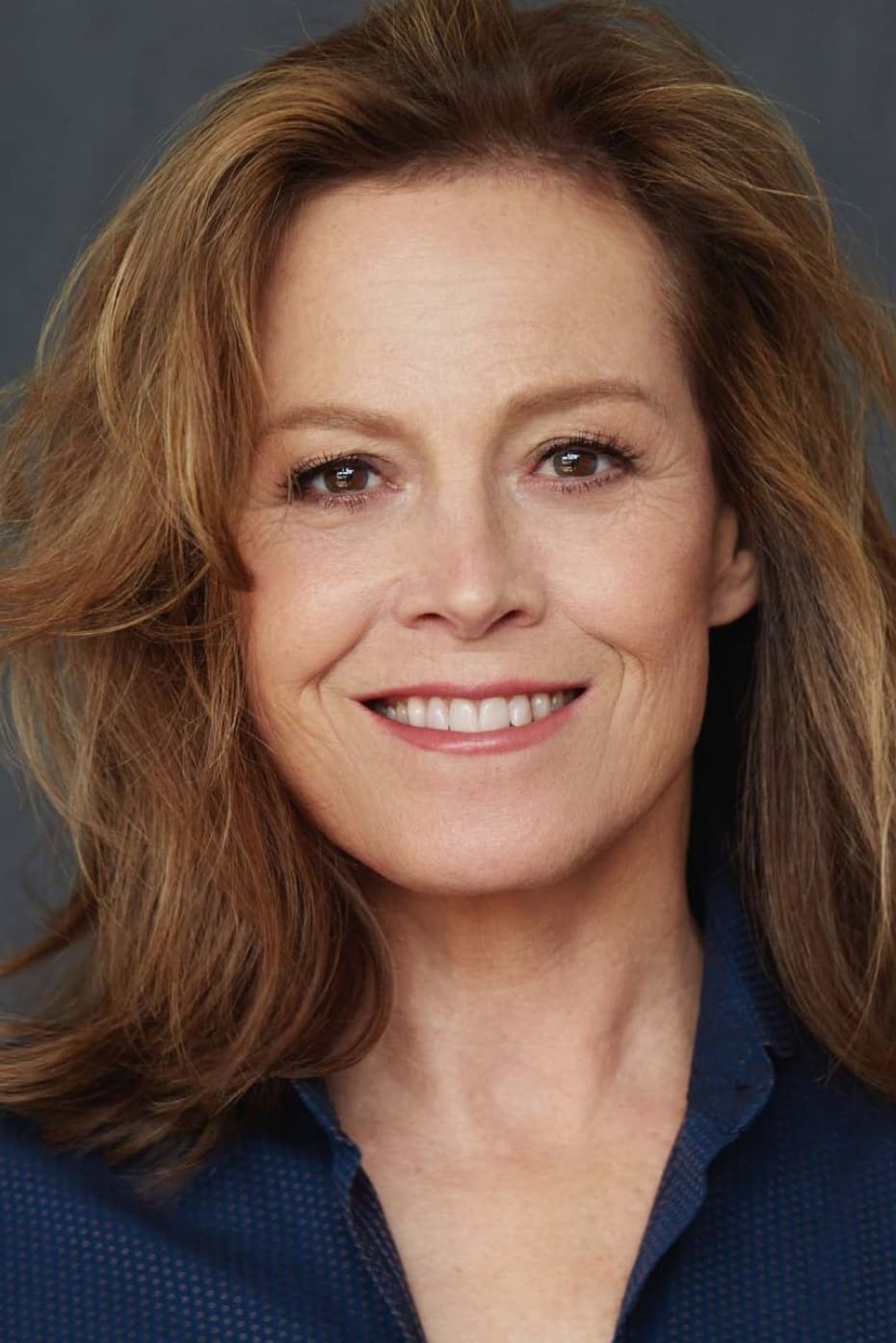
Sigourney Weaver
Narrator (voice)
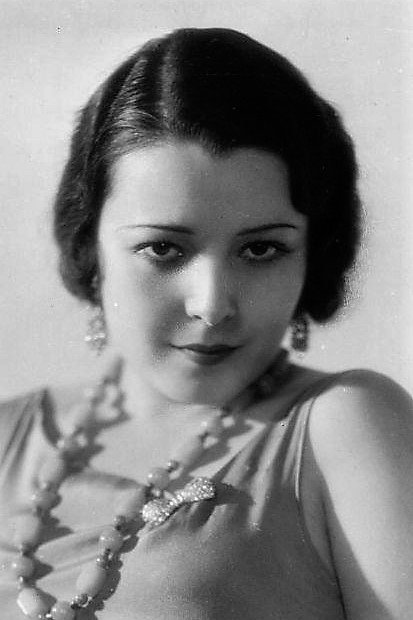
Lupita Tovar
Self - Interviewee
You may also like

Qwerty
Movie / 2011
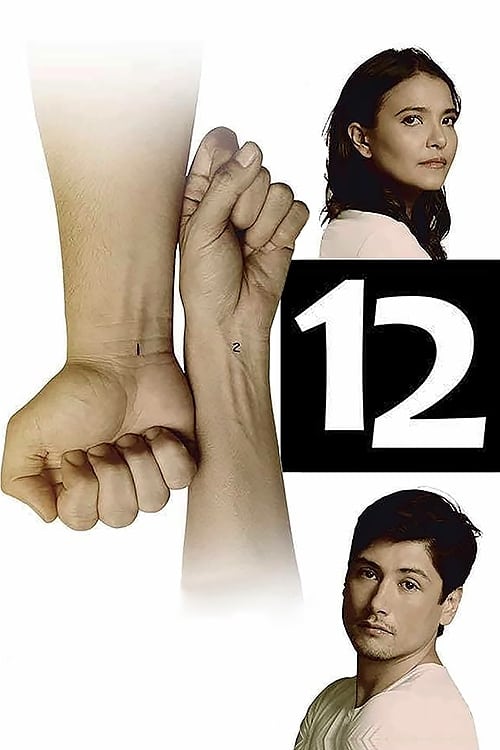
12
Movie / 2017
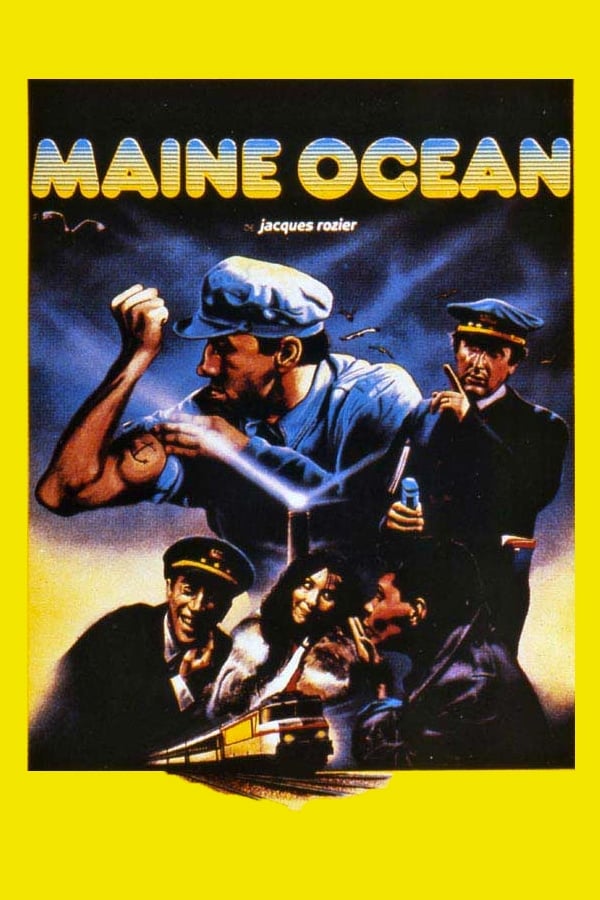
Maine-Ocean Express
Movie / 1986
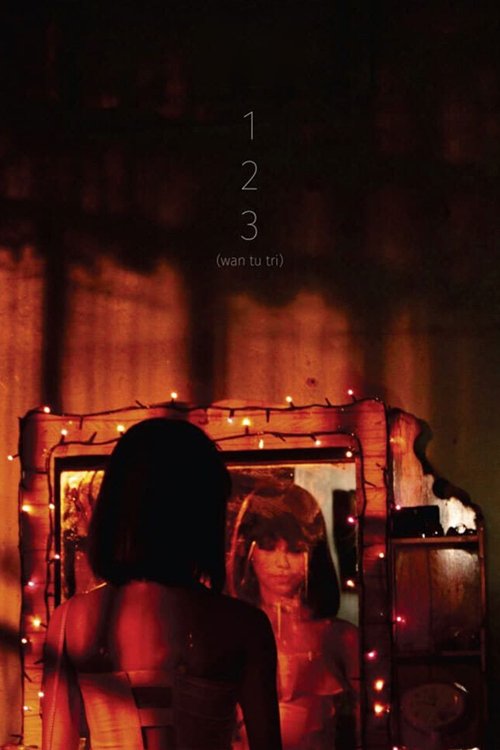
Gasping for Air
Movie / 2016
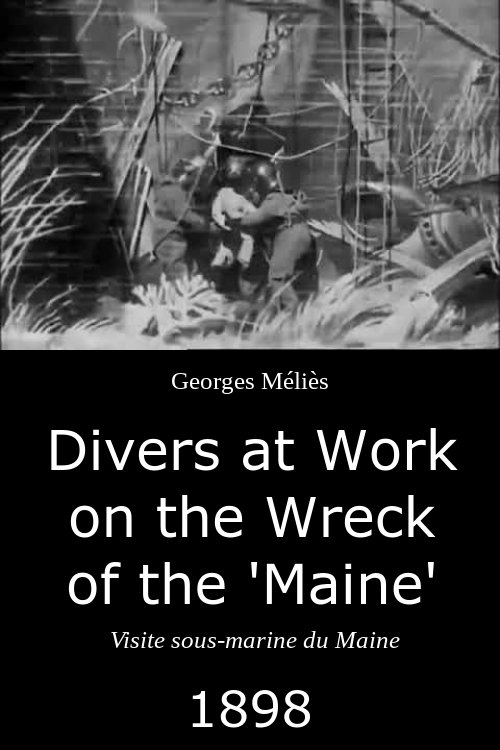
Divers at Work on the Wreck of the "Maine"
Movie / 1898
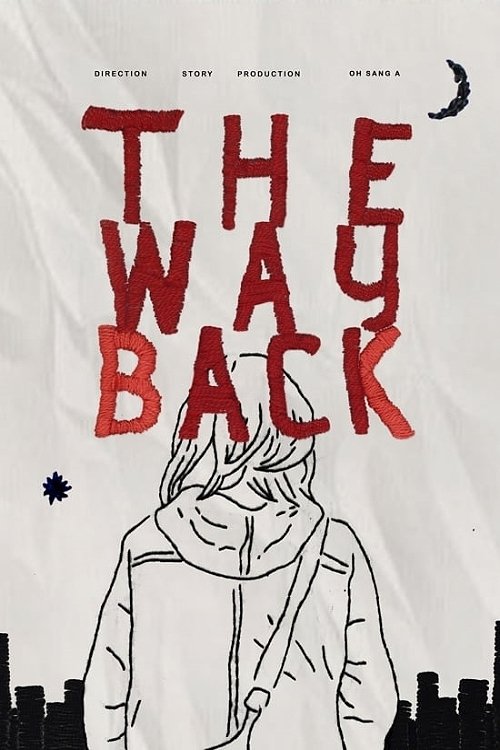
The way back
Movie / 2014

Test
Movie / 2006
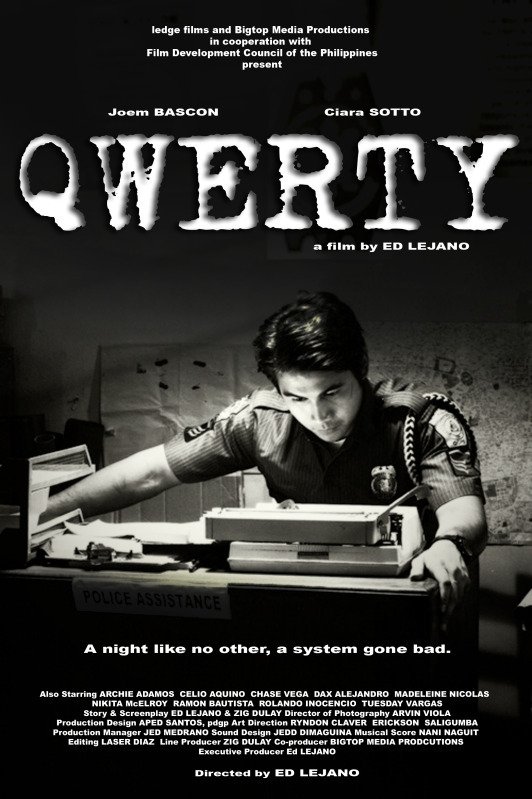
Qwerty
Movie / 2012
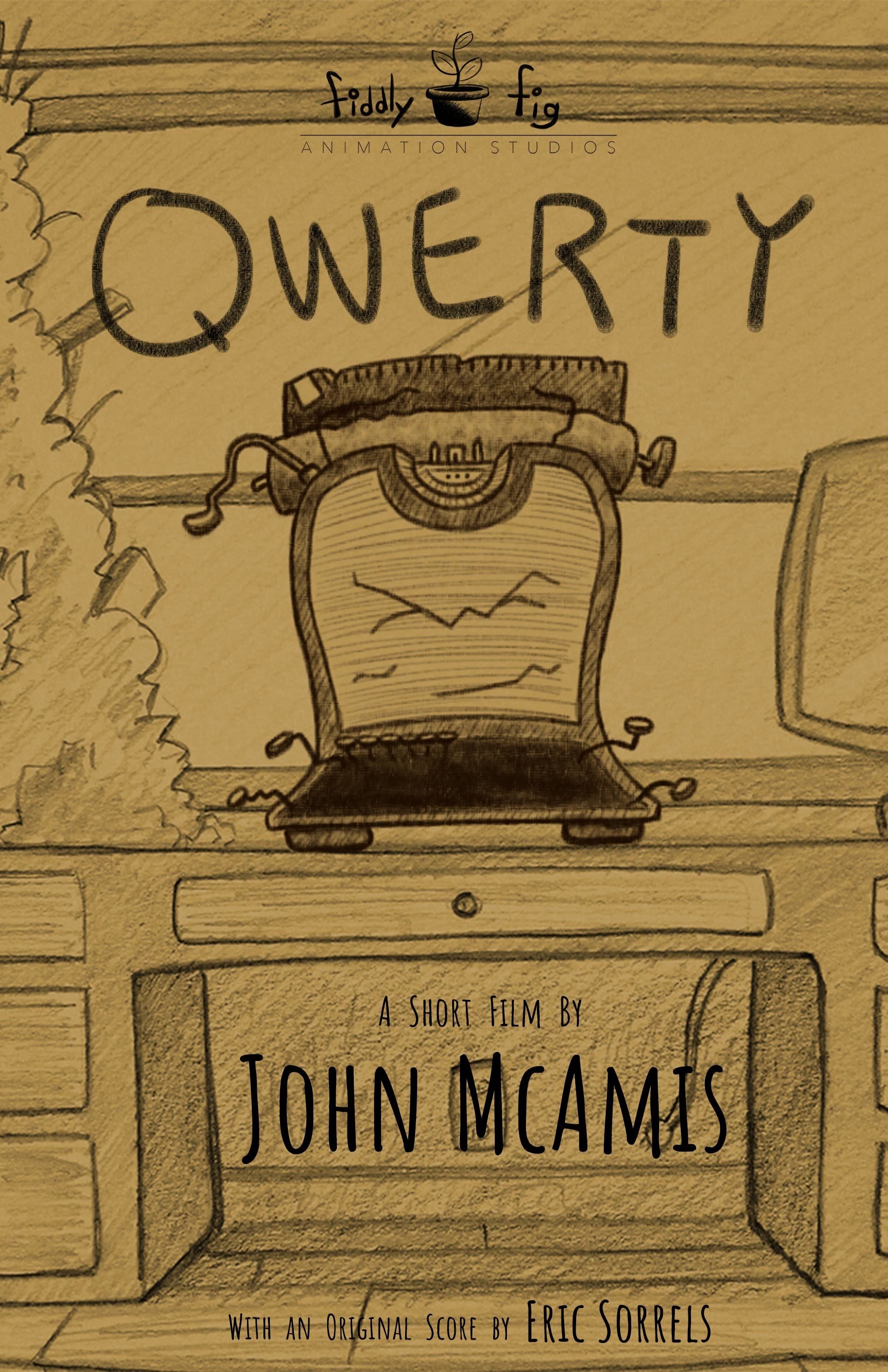
Qwerty
Movie / 2017

Main Tera Hero
Movie / 2014

Hey Qween - Holigay Special
Movie / NaN
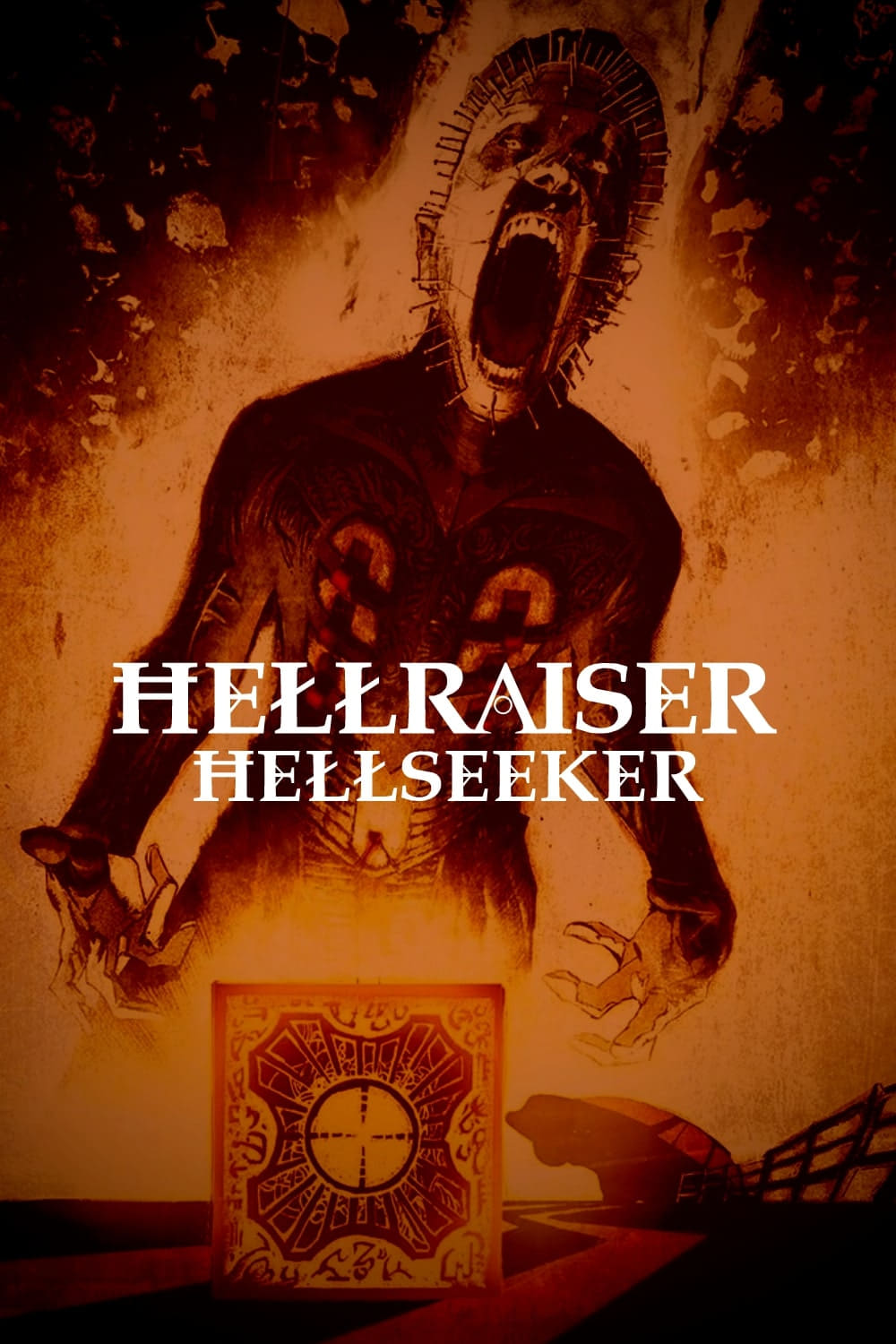
Hellraiser: Hellseeker
Movie / 2002

Bride of the Orient
Movie / 1989
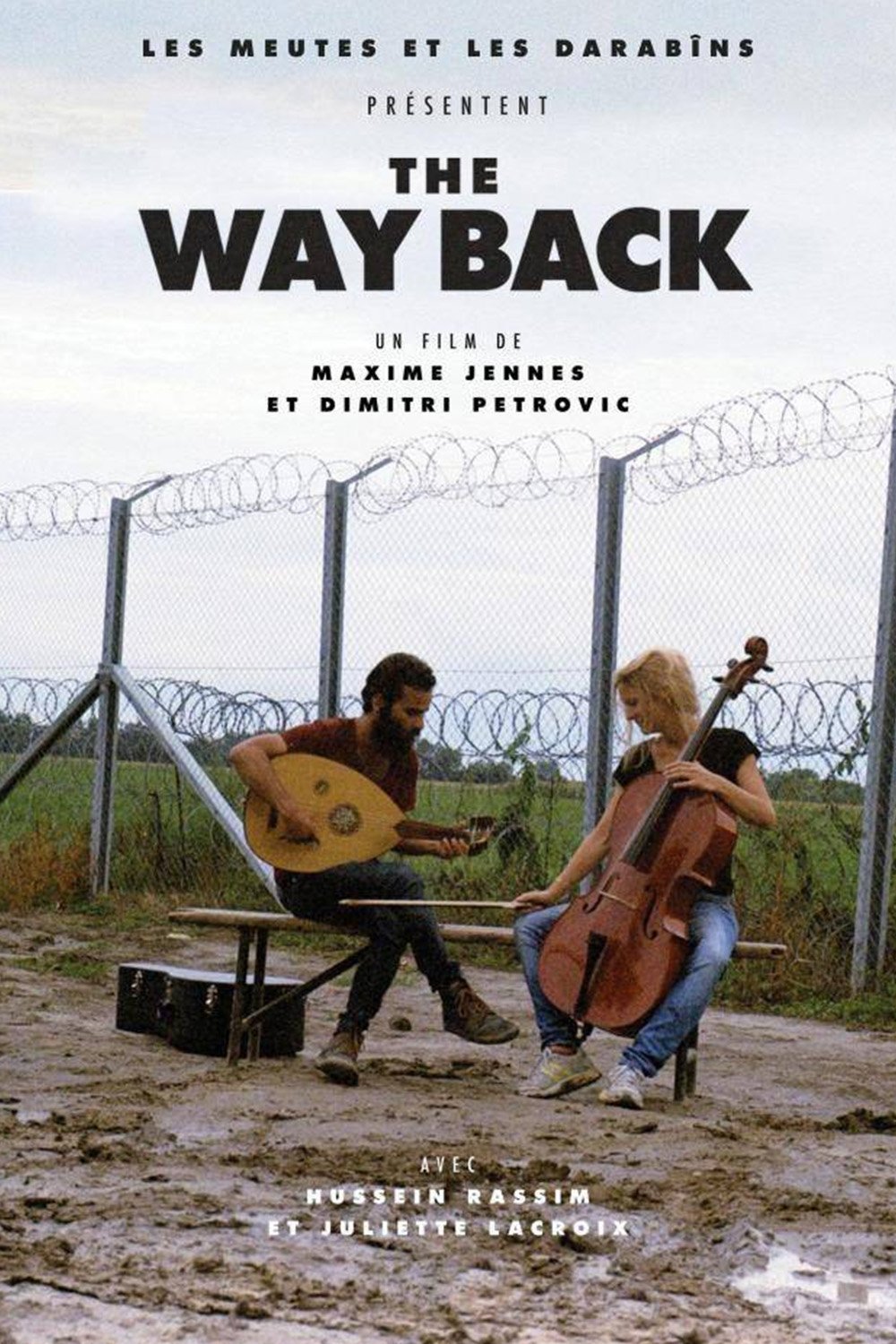
The Way Back
Movie / 2019

Good Boy
Movie / 2025

Kill Shot
Movie / 2023

Operation Thai Cave Rescue
Movie / 2018

Wagakki Band Japan Tour 2019 REACT -New Chapter-
Movie / 2020

Test
Movie / 2016

Cinema's Exiles: From Hitler to Hollywood
Movie
6.0Eight hundred German filmmakers (cast and crew) fled the Nazis in the 1930s. The film uses voice-overs, archival footage, and film clips to examine Berlin's vital filmmaking in the 1920s; then it follows a producer, directors, composers, editors, writers, and actors to Hollywood: some succeeded and many found no work. Among those profiled are Erich Pommer, Joseph May, Ernst Lubitsch, Fritz Lang, Billy Wilder, and Peter Lorre. Once in Hollywood, these exiles helped each other, housed new arrivals, and raised money so others could escape. Some worked on anti-Nazi films, like Casablanca. The themes and lighting of German Expressionism gave rise in Hollywood to film noir.
You may also like

Qwerty
Movie / 2011

12
Movie / 2017

Maine-Ocean Express
Movie / 1986

Gasping for Air
Movie / 2016

Divers at Work on the Wreck of the "Maine"
Movie / 1898

The way back
Movie / 2014

Test
Movie / 2006

Qwerty
Movie / 2012

Qwerty
Movie / 2017

Main Tera Hero
Movie / 2014

Hey Qween - Holigay Special
Movie / NaN

Hellraiser: Hellseeker
Movie / 2002

Bride of the Orient
Movie / 1989

The Way Back
Movie / 2019

Good Boy
Movie / 2025

Kill Shot
Movie / 2023

Operation Thai Cave Rescue
Movie / 2018

Wagakki Band Japan Tour 2019 REACT -New Chapter-
Movie / 2020

Test
Movie / 2016